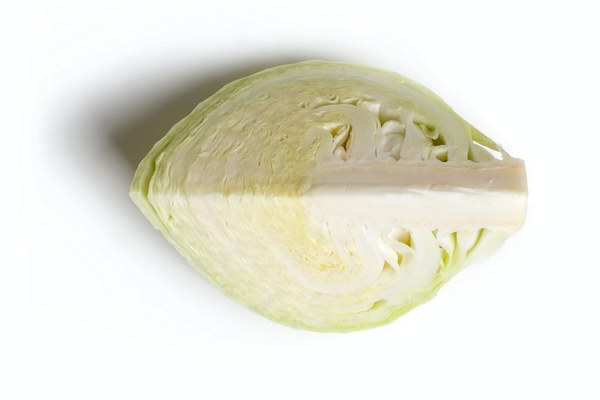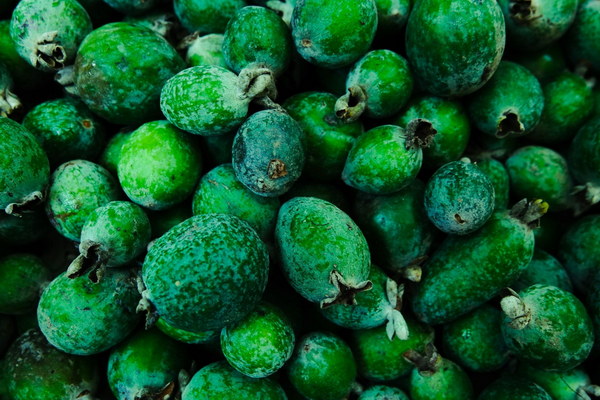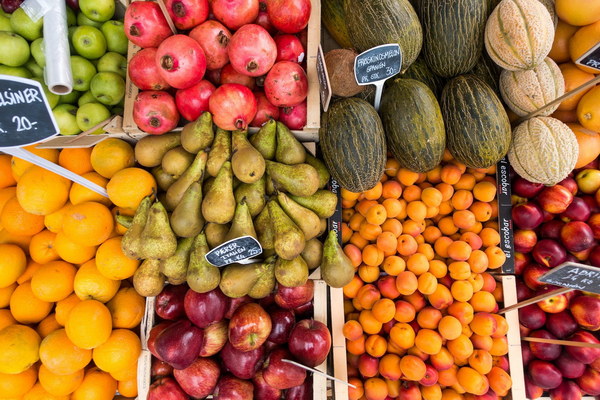Nurturing Your Childs Spleen A Guide to Managing Coughs through Diet and Care
Introduction:
Coughing is a common symptom among children, often caused by various factors such as colds, flu, or allergies. While treating the cough is crucial, it is equally important to address the root cause, which may be related to the spleen's function. The spleen plays a significant role in maintaining a child's immune system and digestion. This article aims to provide insights into how to nourish your child's spleen to alleviate coughs and promote overall well-being.
1. Understanding the Spleen's Role:
The spleen is an essential organ in the body that contributes to immune function, blood production, and the breakdown of old red blood cells. A healthy spleen helps ward off infections and ensures proper digestion. When the spleen is weakened, it may lead to a compromised immune system, resulting in frequent coughs and other health issues.
2. Diet for Spleen Support:
A balanced diet rich in nutrients can help strengthen the spleen and alleviate coughs. Here are some dietary recommendations:
a. Include spleen-strengthening foods:
- Sweet potatoes: High in beta-carotene, vitamins A, C, and B6, and fiber, sweet potatoes are beneficial for the spleen.
- Quinoa: Rich in amino acids, vitamins, and minerals, quinoa supports the spleen and overall immune function.
- Nuts and seeds: Almonds, walnuts, sunflower seeds, and flaxseeds contain omega-3 fatty acids, vitamins, and minerals that nourish the spleen.
- Legumes: Beans, lentils, and chickpeas are excellent sources of protein, fiber, and vitamins, which are beneficial for the spleen.
b. Avoid spleen-taxing foods:
- Cold and raw foods: These can weaken the spleen and exacerbate coughs. Opt for cooked or warm foods instead.
- Excessive sugar and refined carbohydrates: These can impair the spleen's function and weaken the immune system.

- Highly processed foods: Minimize the consumption of processed foods, as they can disrupt the body's balance and contribute to coughs.
3. Herbs and Supplements:
Certain herbs and supplements can help support the spleen and alleviate coughs. Consult with a healthcare professional before introducing any new herbs or supplements to your child's regimen:
a. Astragalus: An adaptogenic herb that boosts the immune system and strengthens the spleen.
b. Elderberry: A natural cough suppressant and immune-boosting herb.
c. Vitamin C: An essential nutrient for immune support, vitamin C can be found in fruits, vegetables, and supplements.
4. Lifestyle and Care:
In addition to diet and supplements, certain lifestyle practices can help maintain a healthy spleen and alleviate coughs:
a. Adequate rest: Ensure your child gets enough sleep to support the immune system and overall health.
b. Hydration: Encourage your child to drink plenty of fluids, such as water, herbal teas, or broths, to keep the body hydrated and support the spleen.
c. Probiotics: Probiotics can promote a healthy gut flora, which is essential for a strong spleen and immune system. Consider incorporating probiotic-rich foods like yogurt, kefir, or fermented vegetables into your child's diet.
Conclusion:
By focusing on diet, supplements, and lifestyle practices, you can support your child's spleen and help alleviate coughs. Pay attention to the foods they consume, introduce spleen-strengthening herbs and supplements, and ensure they get enough rest and hydration. Remember, it is always best to consult with a healthcare professional before making significant changes to your child's diet or health regimen.









